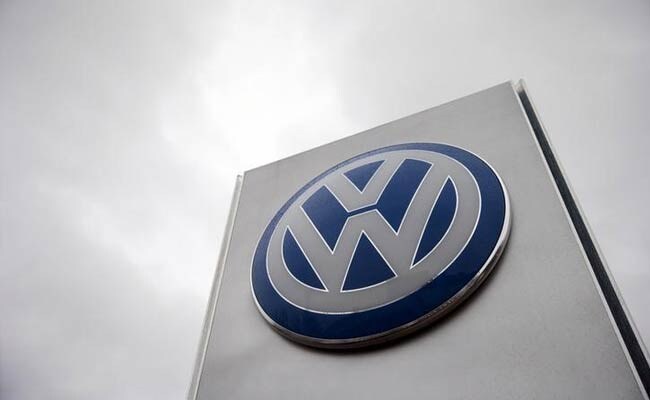
The EU has been particularly embarrased by the Volkswagen scandal.
Brussels, Belgium:
The EU on Wednesday pushed to take control of car regulation in Europe in the wake of the Volkswagen scandal, unveiling proposals that would grant Brussels new powers to impose huge fines and recall vehicles.
The European Commission, the executive arm of the 28-nation EU, said automakers found cheating on pollution tests could face a fine of 30,000 euros ($32,600) per vehicle with non-compliant cars wrongfully approved taken off European roads.
"The commission is proposing a major overhaul of the so-called EU type approval framework," the European Commission said in a statement, referring to the system to approve cars for use on European roads.
The commission would also win powers to police national regulators with random checks by EU teams, amid widespread criticism that regulation currently handled by member states is too cosy with the auto industry.
"With our proposals today we will raise the quality and independence of vehicle testing and improve the oversight of cars already in circulation," EU Industry Commissioner Elzbieta Bienkowska said in a statement.
Brussels also demanded that pollution testing in member states no longer be paid for by car companies, but instead through a government fund and therefore halting any danger of a conflict of interest in granting approvals.
But the proposals will take at least months and possibly years of negotiations among EU lawmakers and national governments before implementation, almost certainly including a furious fight from Germany's powerful car lobby.
"It boils down to giving away national sovereignty to Brussels," Bas Eickhout, a Dutch member of the EU Parliament, told Bloomberg.
The EU has been particularly embarrased by the VW scandal, in which Europe's biggest car maker was found to have fitted 11 million diesel engines worldwide -- including 8.5 million in Europe - with devices aimed at cheating emissions tests.
Critics accuse the Commission of having turned a blind eye to years of clear evidence that Volkswagen was using software to cheat on emissions tests, with Brussels afraid to take on Germany's biggest industry and employer.
The system of approving car models in Europe -- known as type approval -- is currently based on "mutual trust", with a go-ahead by a national body carrying weight throughout the 28-country EU.
The new measures fall short of replacing this system with a full-fledged EU regulator, but instead provide fixes to "current flaws in the system", the commission said.
The European Commission, the executive arm of the 28-nation EU, said automakers found cheating on pollution tests could face a fine of 30,000 euros ($32,600) per vehicle with non-compliant cars wrongfully approved taken off European roads.
"The commission is proposing a major overhaul of the so-called EU type approval framework," the European Commission said in a statement, referring to the system to approve cars for use on European roads.
The commission would also win powers to police national regulators with random checks by EU teams, amid widespread criticism that regulation currently handled by member states is too cosy with the auto industry.
"With our proposals today we will raise the quality and independence of vehicle testing and improve the oversight of cars already in circulation," EU Industry Commissioner Elzbieta Bienkowska said in a statement.
Brussels also demanded that pollution testing in member states no longer be paid for by car companies, but instead through a government fund and therefore halting any danger of a conflict of interest in granting approvals.
But the proposals will take at least months and possibly years of negotiations among EU lawmakers and national governments before implementation, almost certainly including a furious fight from Germany's powerful car lobby.
"It boils down to giving away national sovereignty to Brussels," Bas Eickhout, a Dutch member of the EU Parliament, told Bloomberg.
The EU has been particularly embarrased by the VW scandal, in which Europe's biggest car maker was found to have fitted 11 million diesel engines worldwide -- including 8.5 million in Europe - with devices aimed at cheating emissions tests.
Critics accuse the Commission of having turned a blind eye to years of clear evidence that Volkswagen was using software to cheat on emissions tests, with Brussels afraid to take on Germany's biggest industry and employer.
The system of approving car models in Europe -- known as type approval -- is currently based on "mutual trust", with a go-ahead by a national body carrying weight throughout the 28-country EU.
The new measures fall short of replacing this system with a full-fledged EU regulator, but instead provide fixes to "current flaws in the system", the commission said.
Track Latest News Live on NDTV.com and get news updates from India and around the world

